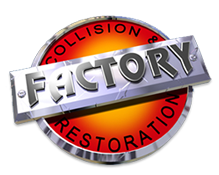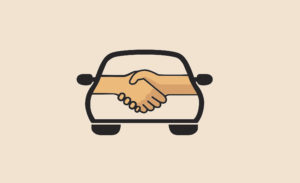When you’re looking for a repair shop to put your car back in shape, it’s important to understand the charges you’re facing. Different shops have different fees and different ways of charging for labor and parts. These helpful tips can boost your understanding of what you’re paying for when you have your car repaired.
Understanding your Auto Repair Estimate
When you get an estimate, there are a few key things to remember.
1. You are not obligated to repair your car at the repair shop that your insurance company recommends.
2. An estimate may require the repair shop to take your car apart to an extent (better estimates often do).
3. You can get more than one estimate and compare prices.
4. Your insurance company may also perform their own estimate.
5. Always get a written estimate! Keep a signed copy for yourself.
6. An estimate is just that: an estimate. It is not a guarantee of costs.
7. Some shops charge for diagnostic time, including estimates. Others don’t; make sure you know before you agree to an estimate.
What should your auto repair estimate include?
Your estimate should tell you what parts need to be repaired, what replacement parts are needed, which parts can be repaired, and the estimated labor charges.
For your protection, make sure your estimate includes a statement that the shop will contact you for approval before performing any work that is not listed on the estimate. It’s not unusual for additional repairs to arise once the repair starts.
Labor Fees
Your estimate should include charges for labor. Some shops charge a flat rate for labor, others charge an hourly rate. The estimate should specify which is used and if it’s an hourly rate, it should include an estimate for the number of hours the repair will take.
Replacement Auto Parts
Some parts may need to be replaced if they cannot be repaired. There are several different kinds of replacement parts and depending on your vehicle, your budget, and your preference, each one has benefits and drawbacks. Don’t be afraid to discuss the kind of replacement part to be used on your vehicle with your repair shop.
OEM Parts
Original Equipment Manufacturer (OEM) parts are those made by the factory that produced the original parts for your vehicle when it was new. They will be exactly the same as the parts your car originally had. If you’ve chosen an OEM Certified Shop, these will be the parts your shop will recommend to insure a safe repair.
Non-OEM parts
Non OEM parts are made by other manufacturers and may not be exactly the same as the original parts.
Recycled, Salvaged, or Used Parts
Parts from other vehicles, whether the same make and model as yours or not.


Recent Comments